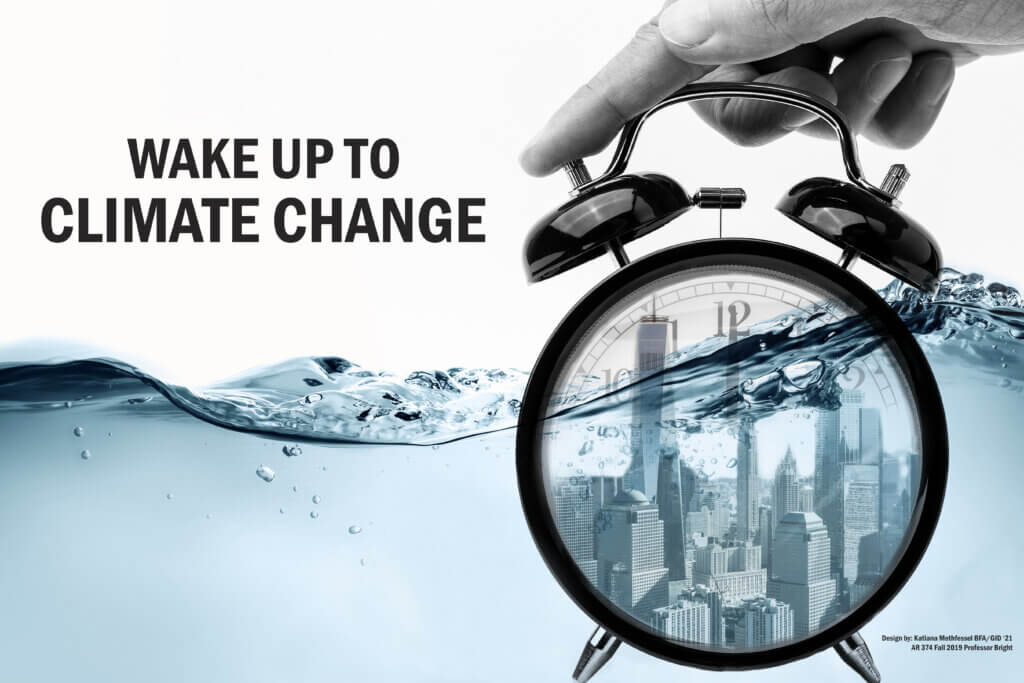
The climate crisis or climate emergency is a threat to life on earth as we know it and will bring immense suffering. The goal of the climate crisis teach-in is to generate discussion about climate impacts and solutions with the goal of improving life for humans and other living things.
The Climate Crisis Teach-in is an ongoing event in 2024. If you would like to contribute an event or have questions please contact Catherine Duckett, Ph.D., Director, Michelle Schapakow, Ed. D, Co-director.
Previous Events in the 2024 Teach-in
Fighting Climate Change at Home: Homegrown National Park
Tuesday, Jan. 23, 2024, 7 p.m. | Pollak Theater
Best selling author Doug Tallamy will present on what you can do in your own yard or balcony to fight climate change, create climate resiliency, and create beauty.
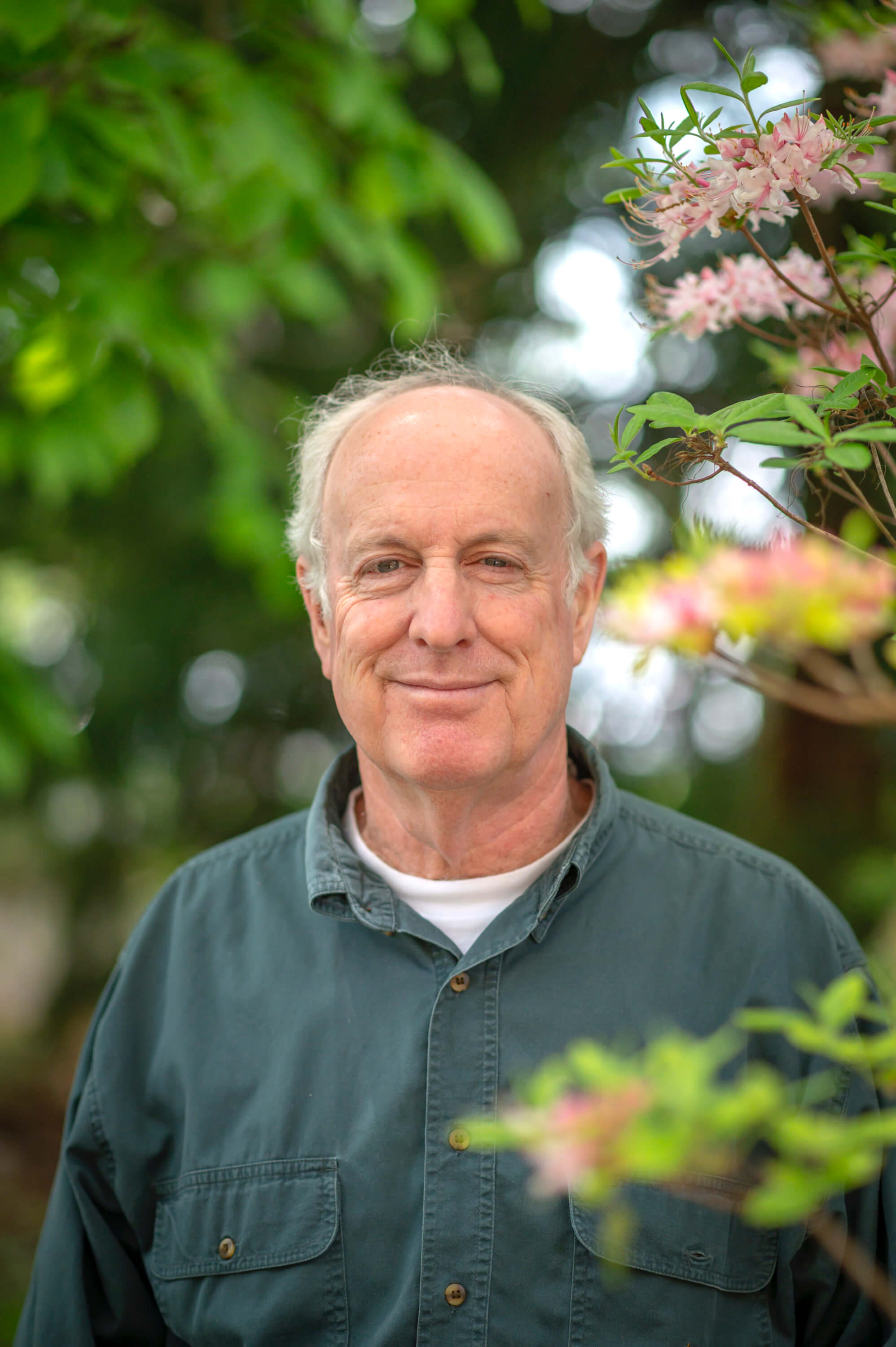

Today, there are more than 44 million acres of turf grass in the U.S., an area larger than New England. Turf grass is the worst plant choice for fighting climate change because it is the worst option for sequestering carbon. Our parks, preserves, and remaining wildlands—no matter how grand in scale—are too small to sequester the amount of carbon needed to impact climate change. Moreover, they are also too small and separated from one another to sustain the native trees, plants, insects, and animals on which our ecosystems depend. These systems must be resilient if we are to have climate resiliency. We now must store carbon outside of parks and preserves, largely on private property, where we live, work, shop, and farm. Thus the concept for Homegrown National Park: a national challenge to create diverse ecosystems in our yards, communities, and surrounding lands by reducing lawn, planting natives, and removing invasive plants, and, in so doing, fight the biodiversity crisis and climate change simultaneously.
The initial goal of Homegrown National Park is to create a national movement to restore 20 million acres with natives, an area representing ½ of what is now in lawn. We are at a critical point where we are losing so many native plant and animal species that our natural life support is in jeopardy. However, if many people make small changes, we can restore healthy ecological networks and weather the changes ahead. This event is sponsored by the School of Science with co-sponsorship from the School of Social Work and the Leon Hess School of Business.
The talk will be followed by a book signing and a reception (sponsored by Monmouth Conservation Foundation and the School of Science).
This talk has been recorded; the recording from MU Productions Services is available.
As You Sow: Invest Your Values
Wednesday, Feb. 21, 6:30 p.m. | Hybrid Event: In-person (Edison 201) and Zoom.
As You Sow (AYS) is the nation’s non-profit leader in shareholder advocacy. Founded in 1992, AYS harnesses shareholder power to create lasting change by protecting human rights, reducing toxic waste, and aligning investments with values. The As You Sow mission is to promote environmental and social corporate responsibility through shareholder advocacy, coalition building, and innovative legal strategies. The As You Sow vision is a safe, just, and sustainable world in which protecting the environment and human rights is central to corporate decision making. Corporations are responsible for most of the pressing social and environmental problems we face today—As You Sow believes corporations must be a willing part of the solutions. We make that happen. As shareholder advocates, AWS directly engages corporate CEOs, senior management, and institutional investors to change corporations from the inside out. Kiplinger rated As You Sow number one of the nine most useful tools for ESG Investors.
As You Sow has created a series of easy to use web tools for investors to invest their values including Fossil Free Funds, and As You Vote. Fossil Free Funds analyzes the fossil fuel exposure and carbon footprint of thousands of U.S. mutual funds and ETFs. We make it easy to know what you own, so you can align your investments with your values. As You Vote is a tool that you can empower to vote every ballot item: director nominations, auditors, CEO-pay, and shareholder resolutions according to your values. Both of these web tools will be showcased in this presentation by Diana Myers and Grant Bradski. Diana Myers is a research assistant with As You Sow’s Say On Climate Initiative, which focuses on cutting corporate green house gas emissions and evaluating companies’ environmental progress through a climate scorecard. Grant Bradski coordinates As You Sow’s 401(k) Sustainability Scorecard, which rates corporate retirement plans based on their exposure to environmental and social issues. He works to empower employees with the tools and resources to invest in a climate-safe retirement. This presentation is sponsored by the School of Science. Register using the button above if you would like to receive the Zoom link. On campus guests may park in the Main Campus lot off Larchwood Ave.
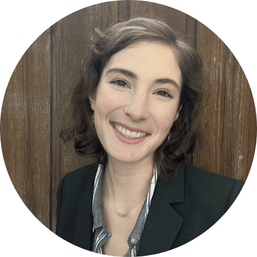
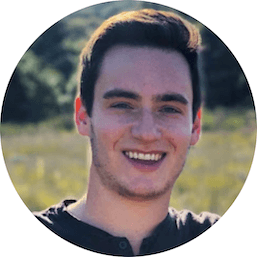
Youth Unstoppable
Wednesday, March 6, 7:30 p.m. | Pollak Theater.
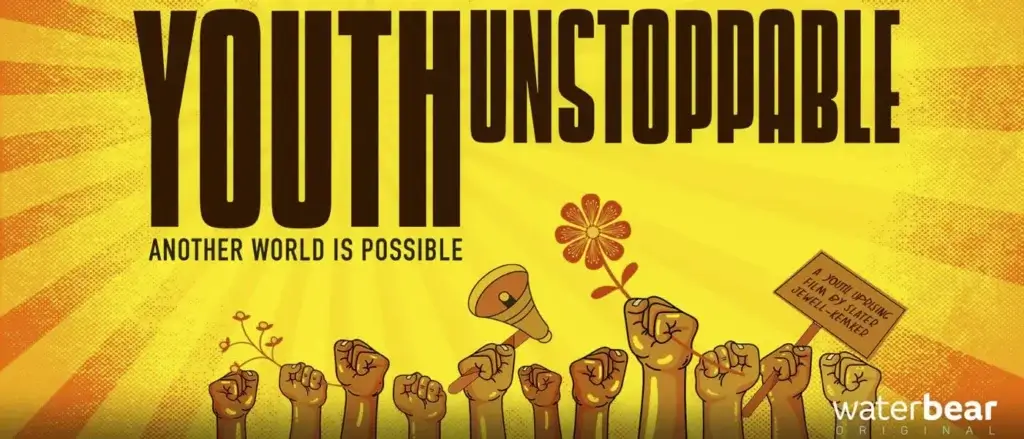
“Youth Unstoppable: My Decade in the Youth Climate Movement” (formerly “An Inconvenient Youth”) captures the vibrant untold story of the global youth climate movement. Decisions made today are shaping the world they will live in, and they are no longer willing to sit idly as the planet is degraded for the short term gain of the older generations. Director Slater Jewell-Kemker has been interviewing celebrities and politicians about the environment since the age of 10. Now, she is telling the stories of these remarkable young people on the front lines of climate change. The feature documentary also gives life to a thriving online community, already forming, that will continue as a youth focused environmental social network. This is the story of the youth of today fighting for their planet, their future. This event is free and open to the public.
There will be a post screening Q&A hosted by Professor Marina Vujnovic with special guest speaker Professor Catherine Duckett.
This is a collaborative presentation with the Pearson World Cinema Series who are the primary sponsor.
Why Americans Doubt Climate Science
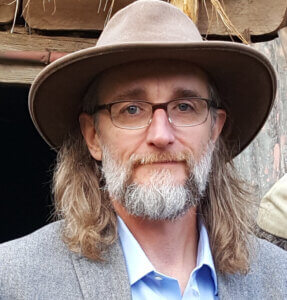
March 28, 2024, 4:30 p.m.–5:50 p.m. | Edison 201
A presentation by Peter Jacques, Ph.D.
In 2023, fifteen percent of surveyed Americans did not think climate change was happening, and 28 percent responded that warming was not caused by human activities. 22 percent were doubtful or dismissive of climate change. Why is this when over, according to a 2021 survey of climate experts found that 98.7 percent of them said the climate is warming and humans are driving this global environmental change? Between confirmed climate experts who published 20 or more peer reviewed papers on climate change between 2015 and 2019, there was 100% agreement that the Earth is warming mostly because of human activity. At least part of this disconnect is because there has been a US-centered counter-movement organized to cast doubt on climate change science and climate scientists. This effort is organized by policy elites in conservative think tanks who have guided some of our narratives and these narratives have turned an elite-led counter-movement to one that is populist. This discussion will attend to the social science surrounding this climate change counter-movement (CCCM).
Peter Jacques, Ph.D., is the Rechnitz Family/Urban Coast Institute Endowed Chair in Marine & Environmental Law and Policy at Monmouth University and a member of the Climate Social Science Network which studies climate-related misinformation among other topics.
More information on this presentation will be published as we finalize arrangements.
DRIFT:Barnegat Bay’s Disappearing Shoreline, a film by Erin Fleming and Monmouth University Production Services in collaboration with Save Barnegat Bay
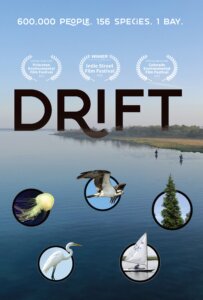
Tuesday, Feb. 27, 7 p.m. | Pollak Theater
Barnegat Bay is an estuary. A convergence of fresh water from rivers and creeks with salt water from the Atlantic. It is one of the most productive ecosystems in the country. It is the stage on which species play out life’s performance to reproduce, restore, relax. It is unrepeatable. This film speaks to the past 50 years of human activity on the bay and the concerns including climate change impacting the estuary. Varying issues voiced by scientific experts are embedded in stories designed to connect with all of the stakeholders on the bay; fishermen, boaters, hunters, tradesmen, and residents. Whether trumpeting the negative impact of invasive species such as bay nettles, or the glorious return of the once-decimated coastal raptors such as osprey, the film moves from topic to topic in a stirring and breathtaking manner. The message is clear: we all must be unabated in our efforts to protect this natural wonder for ourselves, for wildlife, and for future generations. The trailer is available.
The film will be followed by a panel discussion by Britta Forsberg, Executive Director of Save Barnegat Bay, Tom Herrington, Ph,D, Associate Director of the Urban Coast Institute at Monmouth University, and Pedram Daneshgar, Ph.D., Professor of Biology at Monmouth University. Erin Fleming of Monmouth Production Services will moderate.
Becoming Agents of Change (Interpretive Performances of Climate Crisis Poetry): CO 231 Student Showcase
April 14, 2024, 10:15 a.m.–11:25 a.m. | JP 235
Twenty students in Professor Shoemaker’s “Multicultural Voices: Page to Stage” course will present collaborative performances of published poetry and prose about the devastating impact of climate crisis in the Anthropocene. Co-sponsored by CommWorks: Students Committed to Performance.
Impact of Sea Level Rise on Small Island Nations
April 10, 2024, 11:40 a.m.–1 p.m. | Edison 201
A Model U.N. simulation and presentation by Kevin Dooley, Ph.D. and his class.
Climate Crisis Town Hall: A Discussion for Voters
Tuesday, Oct. 8, 2024, 7:30 p.m. | Edison 201
Climate change and what measures society should take to resist the impacts of climate change are on the ballot this year. The parties and many candidates have widely divergent views on the causes, impacts of and solutions for climate change. The impacts of climate change can be severe and expensive, however, solutions can be viewed as expensive and unwieldy or as ultimately cheaper and life saving than suffering the impacts.
Come hear students present the party platforms on the environment and energy ask our panel what each party’s policies might mean for your future!
